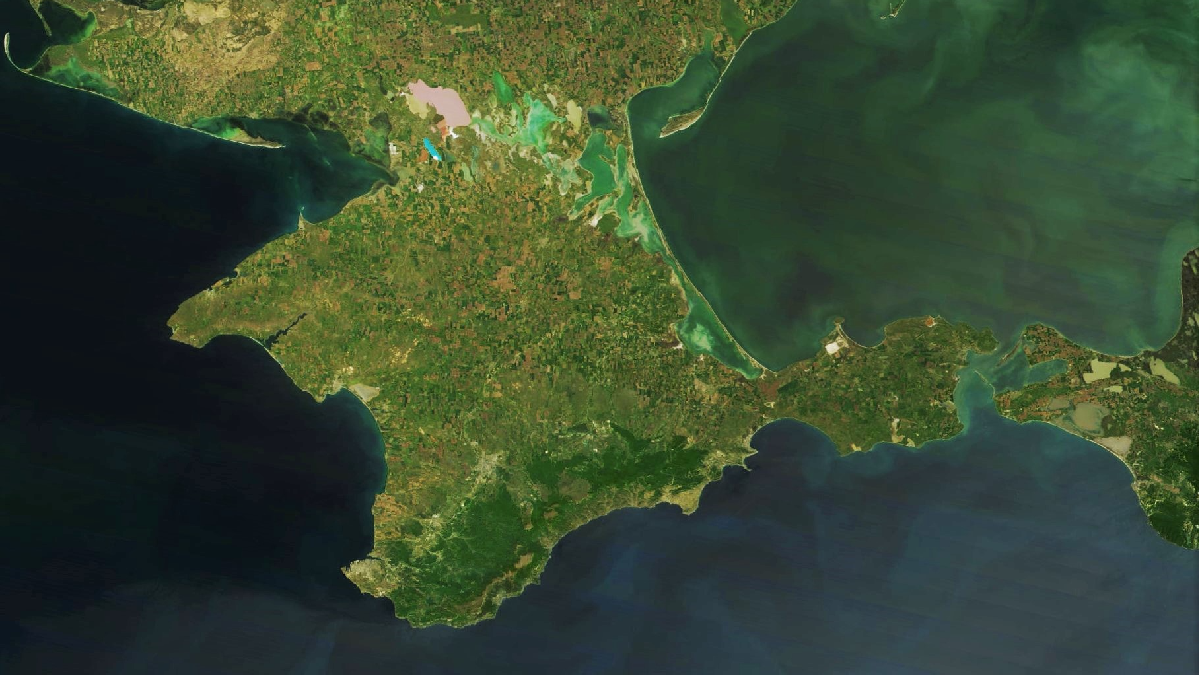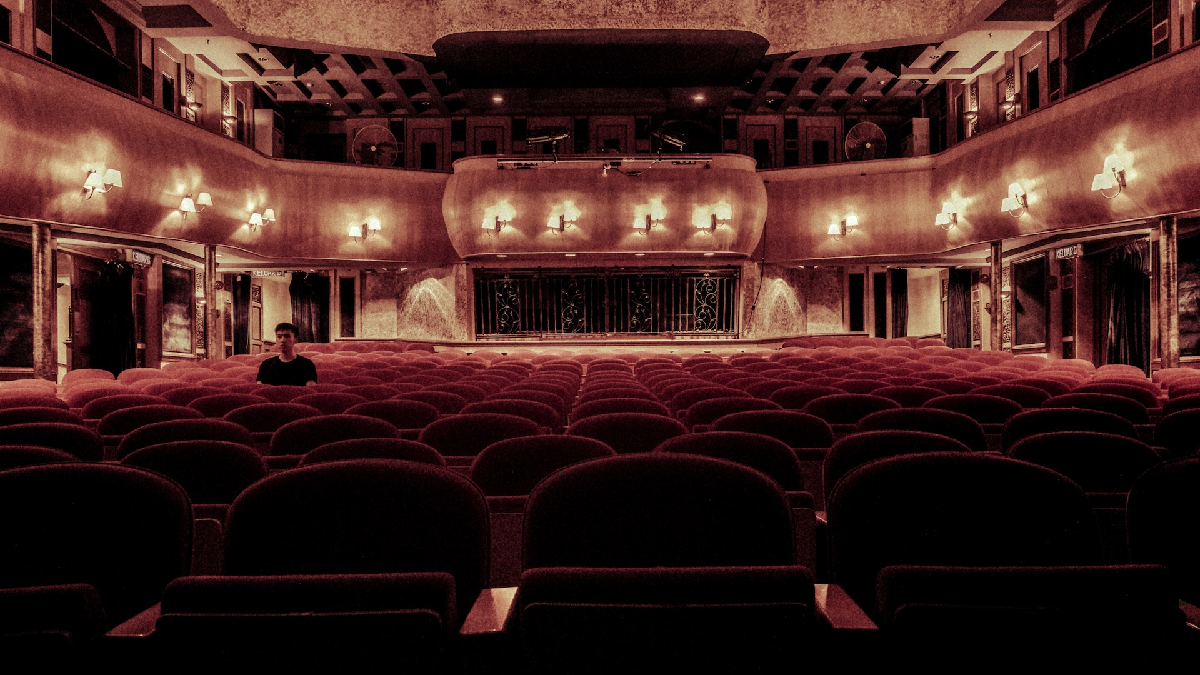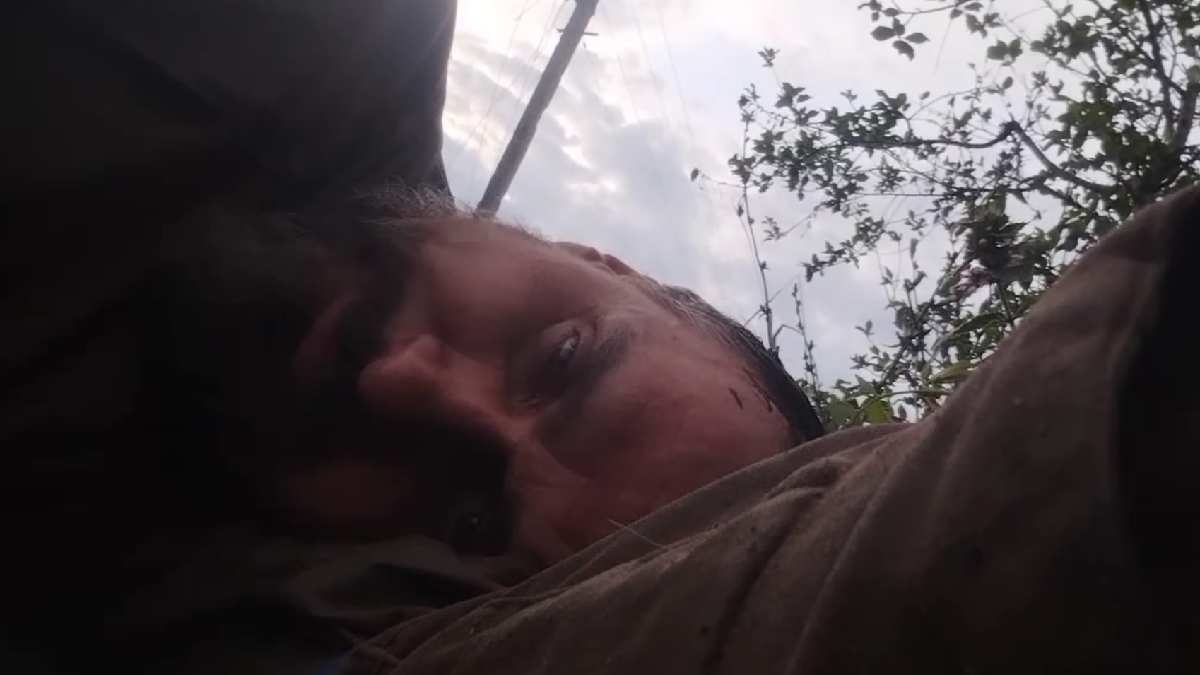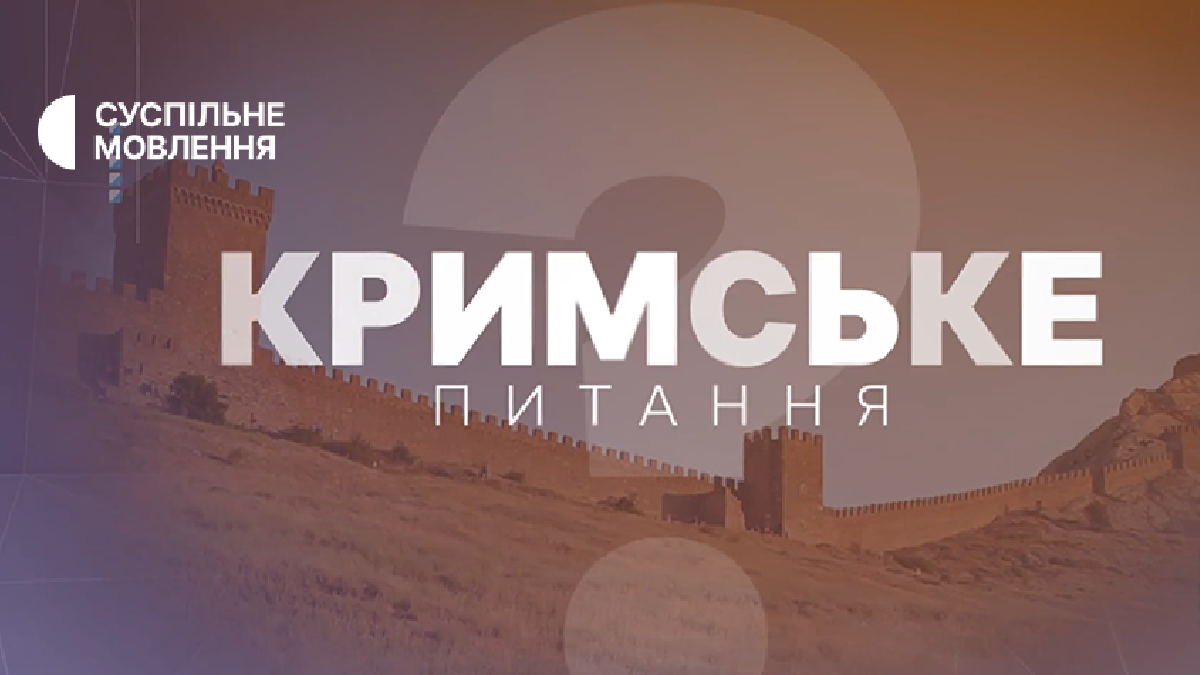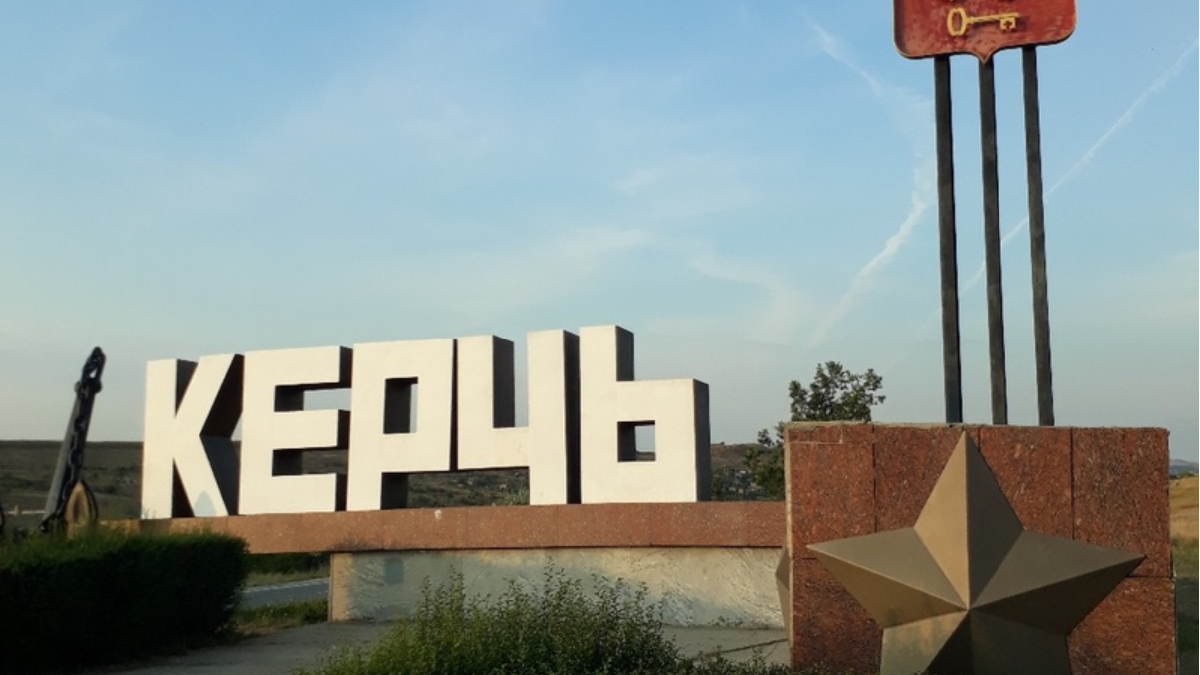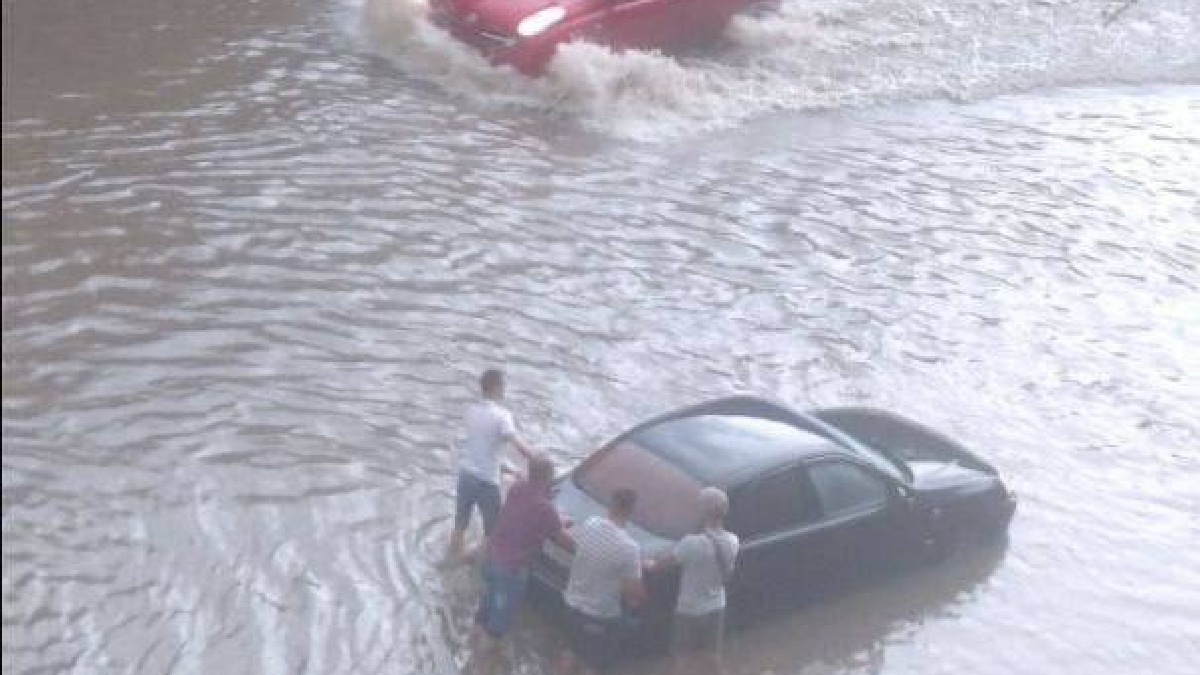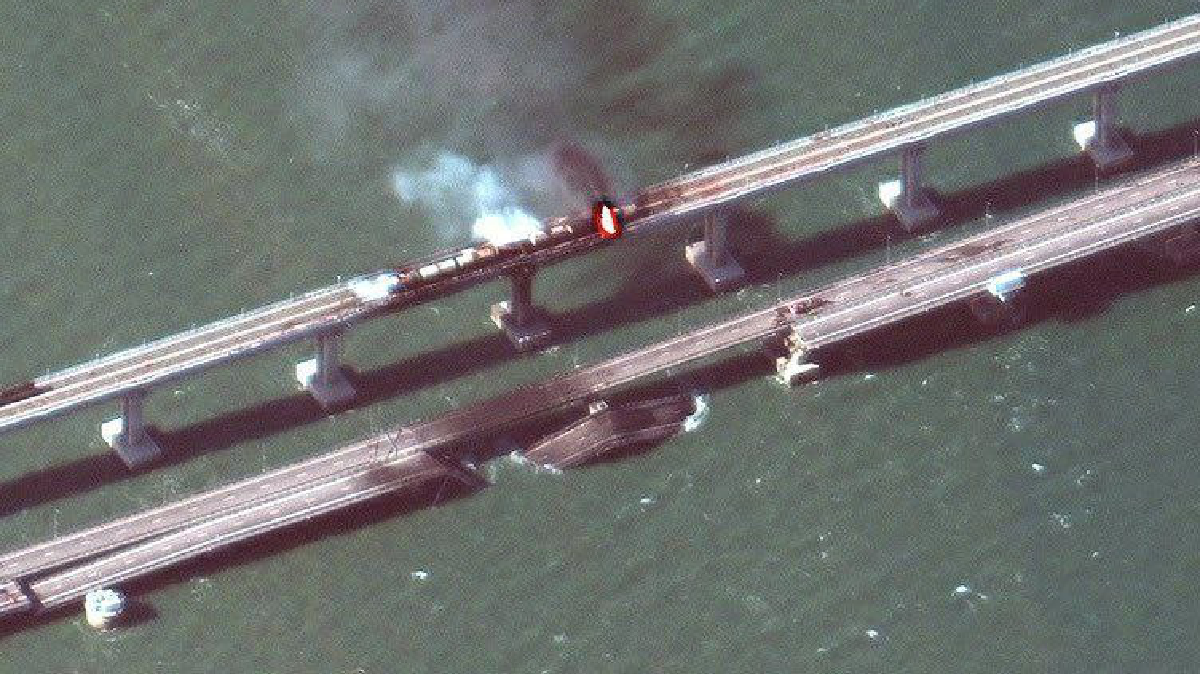Twelve Crimean Months. Results of the year 2021
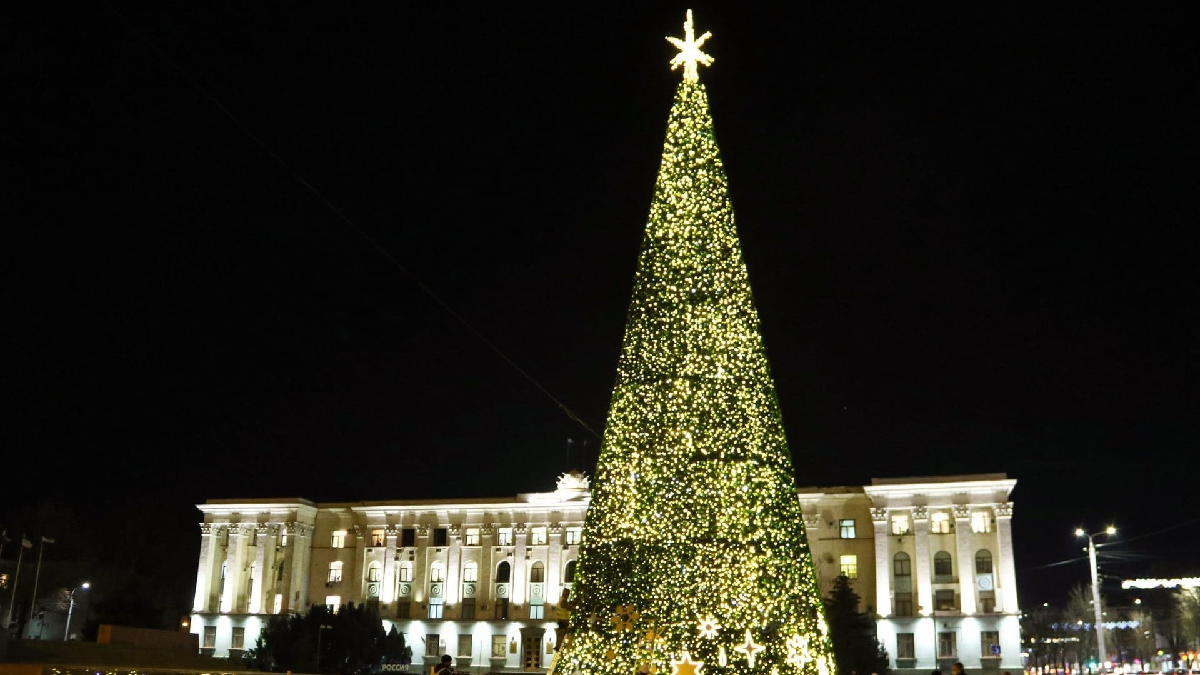
Suspilne Crimea has collected twelve major events that took place in occupied Crimea in 2021. It will show the most important events related to the peninsula: environmental and cultural changes, important facts about human rights, new arrests and searches that took place during the year in Crimea.
January
On January 25, the Ukrainian National Center for Space Management and Testing conducted satellite monitoring of changes in water mirrors in Crimean reservoirs.
Simferopol, Almin, Partizansky, Ayan, Zagorsky, and Bakhchisaray reservoirs were studied. They performed the analysis using photographs taken during 2020-2021.
“The analysis of the results of satellite monitoring of changes, in the area of reservoir water mirrors, in the southern part of Crimea, shows that the water level dropped below the dead volume, i.e. less than 30% of the initial volume. Reducing the filling of water bodies poses a threat to the ecological balance: the death of fauna, overgrowing of water bodies with grass, the threat of danger to hydraulic structures, etc.”, - the study reads.
February
On February 18, the Office of the President of Ukraine in the Autonomous Republic of Crimea stated that until the de-occupation of Crimea, Ukraine “does not plan to restore direct rail connections with the peninsula”. The agency also stated that “the forceful return of Crimea is not being considered.”
“The leading tools in the way of de-occupation of the Autonomous Republic of Crimea and the city of Sevastopol are political-diplomatic and sanctions pressure on the Russian Federation”, - the statement said.
Earlier, the management of the Ukrainian railway carrier Ukrzaliznytsia announced plans to “restore the connection” in the Crimean direction, but without arrival on the territory of the peninsula.
March
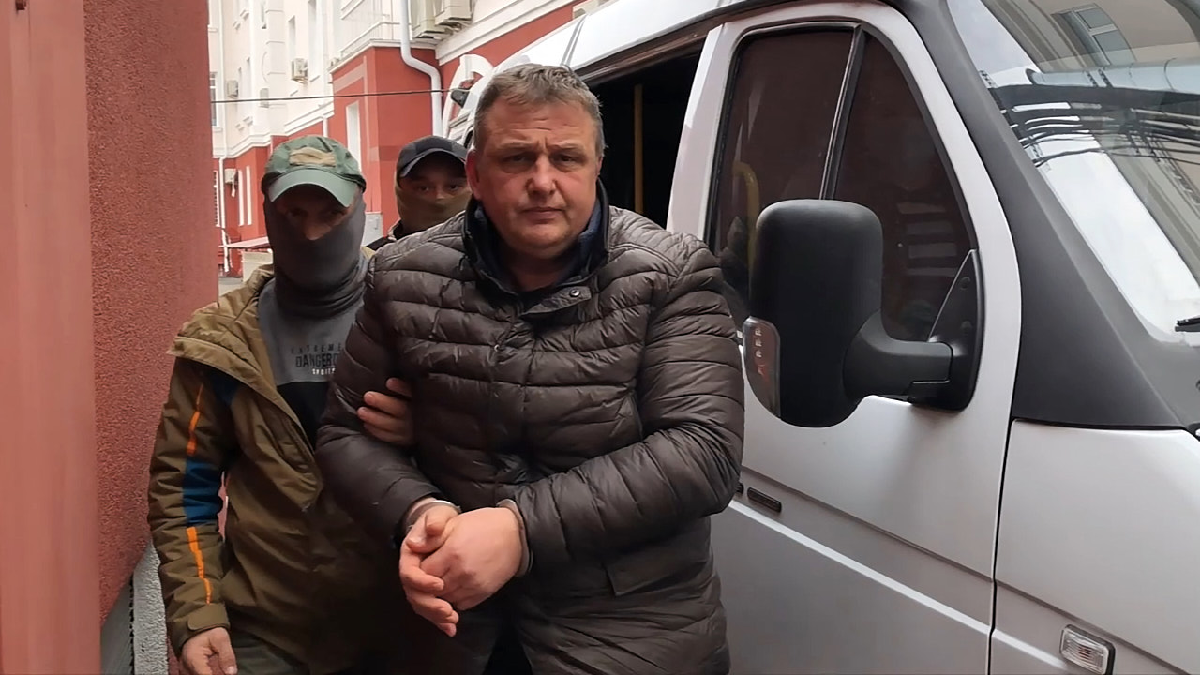 Source: penmedia.io
Source: penmedia.io
On March 10, Vladislav Yesipenko, a correspondent for Crimea. Realities, a Radio Liberty project, was detained in occupied Crimea. The Public Relations Center of the Russian FSB said that Vladislav Yesipenko was detained on March 10 in Crimea for gathering information “in favour of the secret services of Ukraine.”
“During the operational and investigative measures carried out by the Federal Security Service, intelligence and subversive activities in favour of the Ukrainian special services of Russian citizen Yesipenko were stopped”, - said in the message on the website of FSB of Russia.
Independent lawyers were not allowed to see Vladislav for twenty days. At the first court hearing, where lawyer, Oleksiy Ladin, was admitted, Vladislav stated that he had been tortured by FSB officers. He pleads not guilty and has been in the Simferopol pre-trial detention centre since March 10.
April
On April 30, the Verkhovna Rada of Ukraine registered and submitted to the committee Bill №5419, which officially bans the supply of water to occupied Crimea from the Dnieper by the North Crimean Canal. The People’s Deputy of Ukraine Oleksiy Honcharenko announced this on Facebook.
“The ban on the supply of Dnieper water to Crimea must be approved at the legislative level! ... The bill was initiated by the EU faction, and the initiative was supported by deputies from the Voice faction and the Dovira group. I hope that the deputies of the majority will have enough political will to support this important decision”, - Goncharenko wrote.
May
On May 12, the US State Department released a report pointing to continued religious persecution in Crimea following Russia’s 2014 occupation.
“Russian authorities in occupied Crimea continue to persecute and intimidate religious congregations of minorities, including Muslim-Crimean Tatars, Jehovah’s Witnesses, members of the Ukrainian Orthodox Church, and the clergy”, - the report said.
According to the document, the Russian government said that 907 religious communities were registered in Crimea, including Sevastopol, compared to 891 in 2019, a thousand less since the occupation began in 2014, the last year when data was available to the Ukrainian government.
June
On June 1, in Simferopol, the occupying Supreme Court of Crimea handed down a verdict in absentia against the chairperson of the Crimean Tatar People's Mejlis, Refat Chubarov, on charges of "organizing mass riots" on February 26, 2014, outside the Crimean parliament. The court sentenced Chubarov to six years in prison and a fine of 200,000 rubles (73,560 hryvnias).
On June 17-18, heavy rains flooded Kerch and neighbouring areas in the peninsula's east, as well as central Yalta. Fifty-eight people were injured, and one woman died in Yalta.
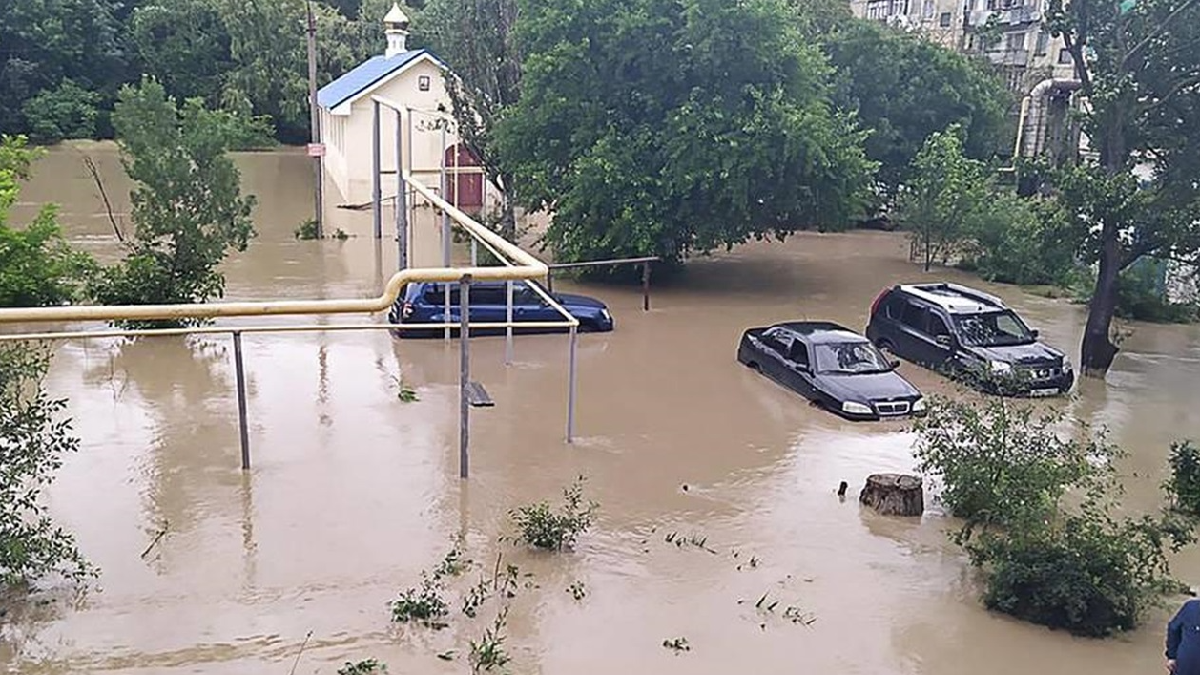 Source: Kerch. FM
Source: Kerch. FM
July
On July 3, the head of the Crimean Football Union, Yuri Vetokha, said that Crimean football clubs still could not take part in the Russian championship and play in European cups.
“UEFA has said that they cannot violate their statute. We have given you a special status, but we cannot integrate you into the Russian Football Union or allow it to take part in European Cups as a separate territory”, - Vetokha said.
August
On August 17, in the village of Stroganovka in the Simferopol district of Crimea, investigative measures took place in the house of local imam Raif Fevziev. According to Crimean Solidarity, occupying security forces detained Rustem Murasov, Rustem Tairov, Dzhebbar Bekirov, and Zaur Abdullayev in Crimea and Sevastopol. Russian media reported, citing security officials, that five Hizb ut-Tahrir supporters had allegedly been detained in Crimea.
On August 23, the inaugural summit of the Crimean Platform officially launched an international format on the de-occupation of Crimea. Within the framework of the first summit of the Crimean Platform, thematic panels focused on the main topics were held in Kyiv.
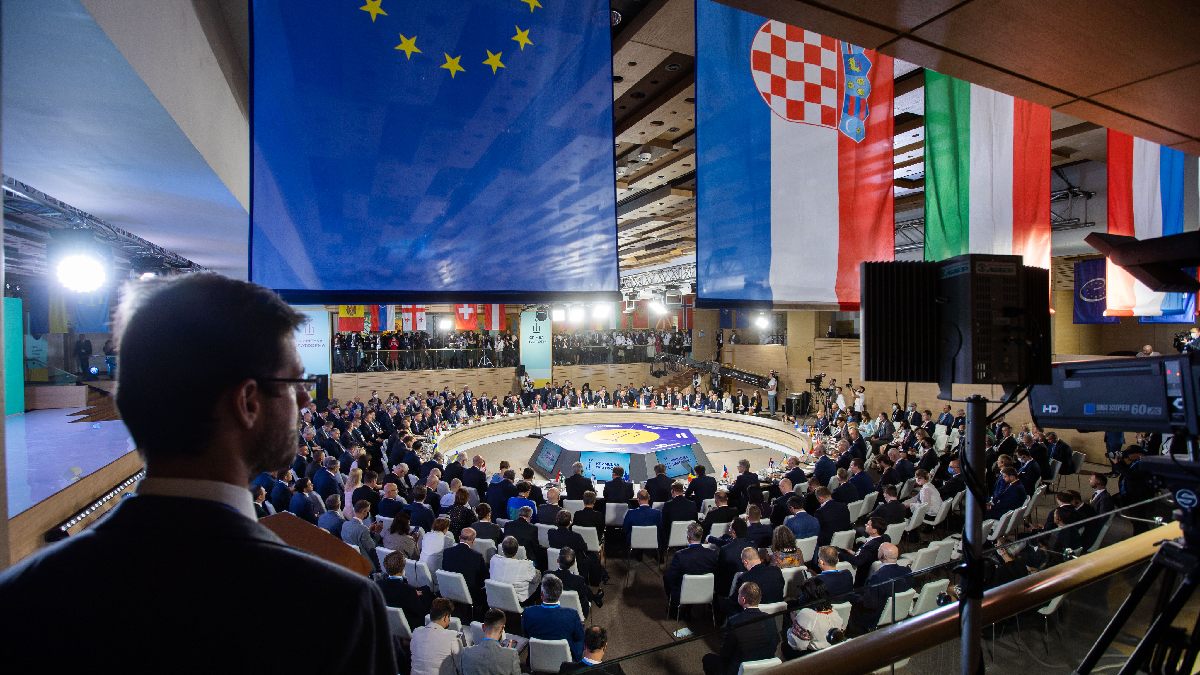 Source: Office of the President of Ukraine
Source: Office of the President of Ukraine
The first panel was focused on "overcoming the consequences and restoring the rights of the Crimean Tatar people as an instrument of de-occupation of Crimea".
The second panel discussed whether non-recognition of the attempted annexation of Crimea is a challenge for the world. In two more panels, experts spoke about ways to reintegrate Crimea and threats in the Black and Azov Seas. Following the summit, the participants signed a joint declaration.
September
On September 4, occupying security forces detained Crimean Tatar activist Nariman Dzhelyal in the village of Pervomaiske, Crimea. On September 3-4, Aziz Akhtemov, Asan Akhtemov, Eldar Odamanov, and Shevket Useinov were detained in Crimea. Odamanov and Useinov later returned home after serving their administrative arrest. Nariman Dzhelyal and the Akhtemov cousins were accused of allegedly sabotaging the gas pipeline in the village of Perevalne.
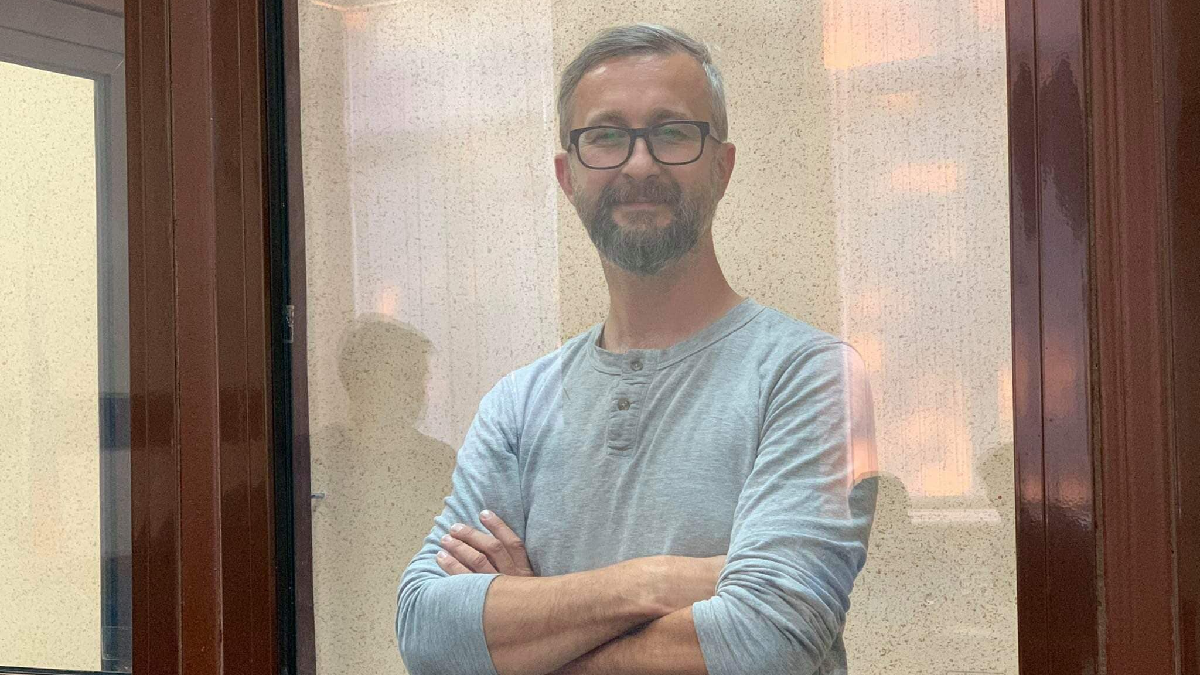 Source: Crimean Solidarity
Source: Crimean Solidarity
October
On October 29, a panel of judges of the Rostov-on-Don Southern District Military Court sentenced four Crimean Tatars from the third Bakhchisaray group in the Hizb ut-Tahrir case.
- Seitumer Seitumerov was sentenced to 17 years in a maximum-security prison. Three and a half years he will spend in prison.
- Osman Seitumerov was sentenced to 14 years in a maximum-security prison, three and a half years of which he will spend in prison.
- Rustem Seitmemetov was sentenced to 13 years in a penal colony, three and a half years of which he will spend in prison.
- Amet Suleymanov was sentenced to 12 years in a maximum-security prison, three and a half years of which he will spend in prison.
November
On November 23, in Simferopol, police detained activists who came to the building of the Temporary Detention Centre to meet Edem Semedlyaev. A correspondent of "Crimea. Reality" reported about this. According to the correspondent, thirty-one persons were detained, including ten women.
There also were correspondents of Crimean Solidarity who had press cards with them. The detainees were taken to three police departments: Kyivsky, Central, and Zaliznychny. Five women spent the night in a temporary detention center. All women were later fined and men were remanded in custody for several days. This is the first mass detention of women in Crimea since the beginning of the occupation.
December
On December 17, occupying security forces detained Nariman Ametov during a search of his home in Stary Krym.
He told the Crimean Solidarity public association that he had been tortured with electric shocks by the FSB.
"When I received the third shock, my brain just exploded. I did not control anything. I screamed, Alright, I will sit down to the device! He replied: "I'll be making the decisions", and continued striking me. I thought I’d never get out of there”, - Ametov said.
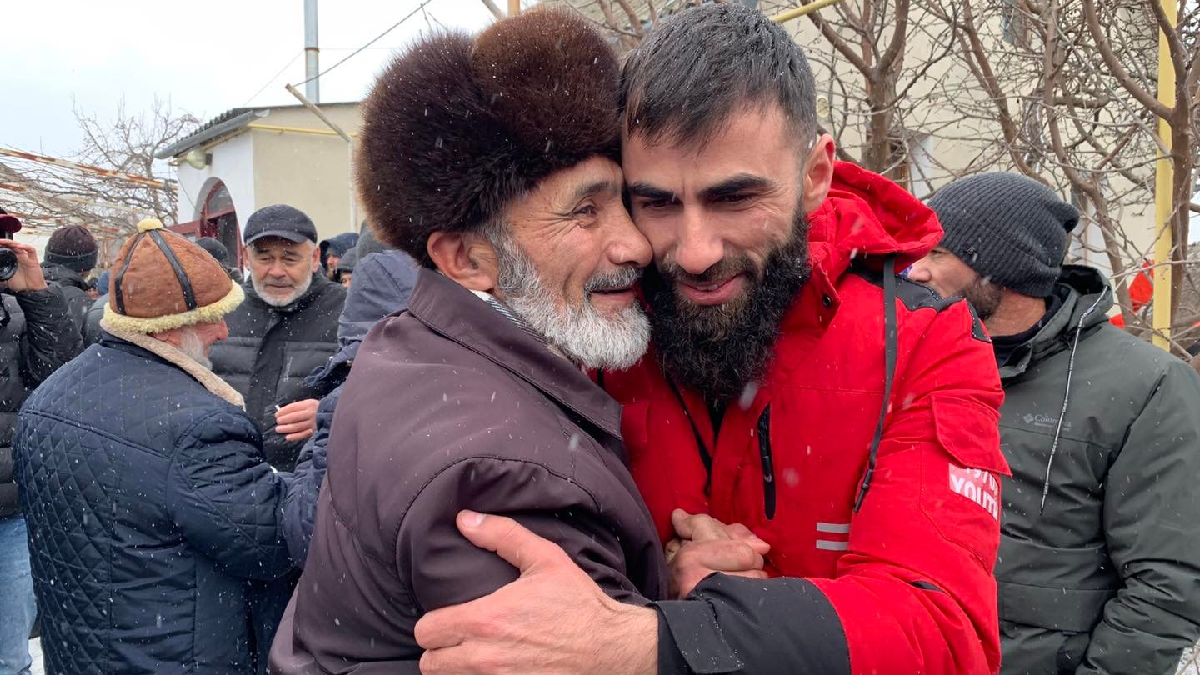 Source: Crimean Solidarity
Source: Crimean Solidarity

